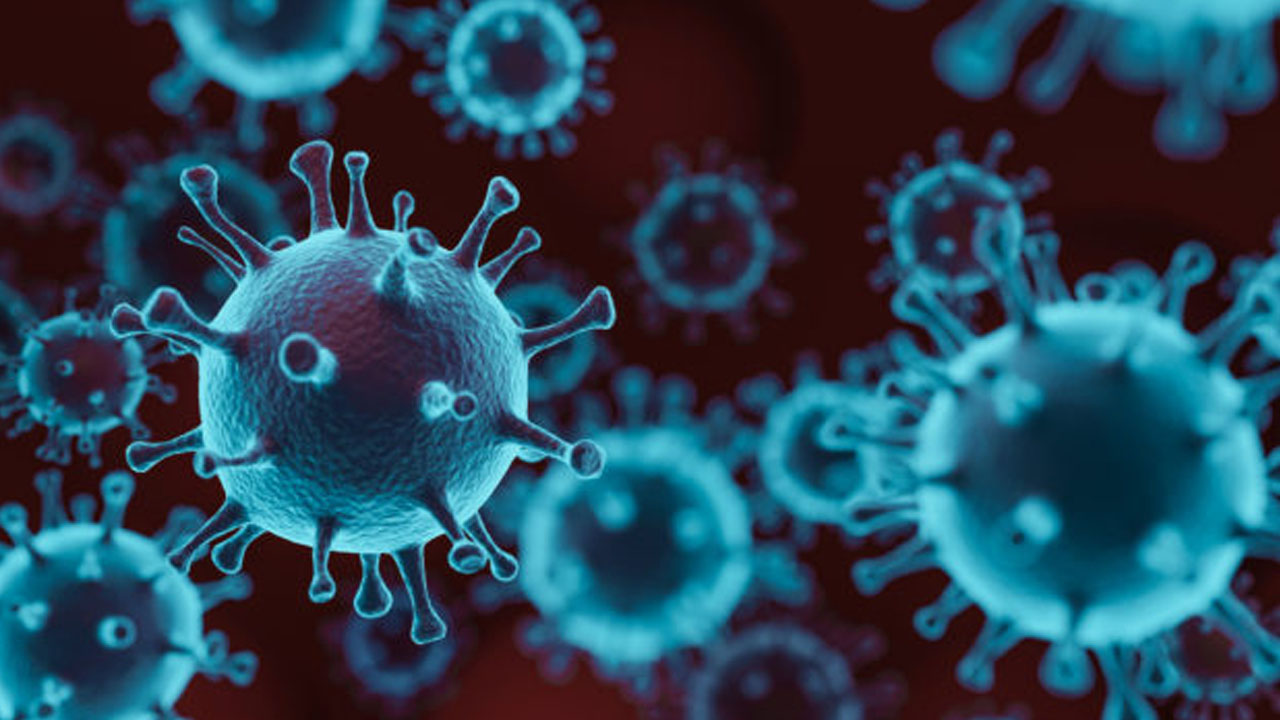
Health emergencies readiness: COVID-19 in focus
Our global attention has been engaged by the detection, spread and containment of COVID-19, the result of the effects of coronavirus-2, a notorious virus that can cause serious illness.
The acronym COVID-19 aptly describes the nature of the virus; it is contagious, opportunistic, virulent, indiscriminate and deadly.
Without a doubt, the associated illness has left mark in our historical documentation of public health emergencies.
It appears we have gone past the peak of the pandemic. This is reflected in the fact that the total number of new cases has stopped rising steeply, and the daily number of new cases appear to have levelled off.
In spite of this, it is well acknowledged that COVID-19 will continue to be part of the significant diseases that we have to be concerned about.
The disease came to the fore when it was reported in Wuhan, China, in 2019. Subsequently, it spread globally to warrant it being declared a pandemic by the World Health Organisation (WHO) in March 2020.
Transmission
The COVID-19 virus spreads primarily through respiratory droplets of saliva or discharge(s) from the nose when an infected person coughs, shouts, sneezes, sings, or talks.
Transmission can also occur through contact(s) with contaminated surfaces, including parts of our body.
These features make the disease different from its “cousins” - HIV/AIDS which is contracted through the exchange of body fluids, Ebola, which contraction is through contact with an infected animal or person, and H5N1 (bird flu), which is contracted via the consumption of improperly-processed infected poultry products.
We can control the spread of these “cousins” through “healthy living” achievable by positive behavioural attitudes and practices.
In the baffling case of COVID-19, it is transmitted through the air, which we share practically everywhere, be it indoors, outdoors, in classrooms, dormitories, church premises, in vehicles, etc.
Incubation Period (IP)
The IP of an infectious disease is the median duration between when one gets infected and when disease symptoms show.
It is a major determining factor in prescribing the duration of quarantine (isolation) of confirmed cases or suspected infectious persons, or “lock down”.
[NB: IP is about two weeks (10 to 14 days for SARS-Cov-2, compared to eight to 10 years for HIV/AIDS, two to 10 days for H5N1, and nine to 17 days for Ebola].
The expression of COVID-19 symptoms is facilitated by the concurrent presence of other factors such as poor hygienic practices, poor ventilation, the presence of underlying illnesses, genetic susceptibility and poor nutrition.
Statistics
As at the time of submitting this article (Monday, February 14, 2022), there were over 412.6 million reported cases with about 5.9 million deaths globally. Ghana had 157,751 cases with 1,419 deaths (WHO/GHS, 2022).
These represent Case Fatality Rates (CFR’s) of approximately 1.4 per cent and 0.9 per cent, respectively.
Symptoms, prognosis, effect modification
The loss of smell and taste, respiratory illness, gastrointestinal disturbances, coughing, and fatigue are the striking symptoms of infection.
An infected person may not be reliably identified and clinically managed. This is a clear reminder of the need to be on guard always, dear reader!
Clinical outcomes of infection vary among individuals. The modifiers of their effect include the presence of co-morbidities, such as, cardiovascular disease, diabetes, respiratory ailments, cancer, and malnourishment.
These largely determine the severity and outcome (i.e. full recovery, recovery with disability, or death).
Prevention, control
Undoubtedly, COVID-19 has brought our minds to the following admonitions which many of us may have consciously, or otherwise, overlooked:
• Do not overcrowd at public places, e.g. at parties, funerals, in classrooms, vehicles, pubs, political rallies, etc. Just keep the distance!
• Provide adequate ventilation in all buildings, classrooms, assembly halls, concert halls, sitting-, bedrooms, boarding houses, university halls of residence (no “perching”);
• Wash hands properly and regularly with soap under running water;
• Practise respiratory etiquette;
• Wear your nose mask (properly!) while in public;
• Avail yourself for vaccination, if/when/where necessary, etc.
The author is a freelance writer on science and public health matters. E-mail:
